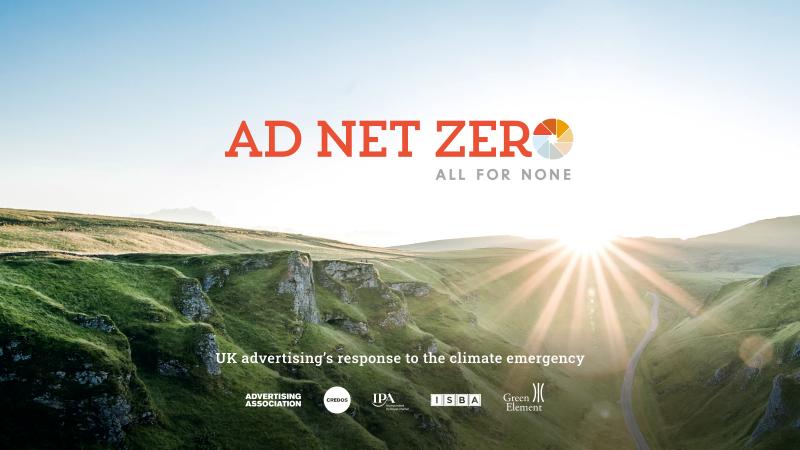
There’s not a country, sector, organisation or individual that could claim that 2020 went according to plan.
And in the PR & communications world the upheaval was felt across the board.
As the PRCA Census found, a third of members have been rocked by redundancies in their organisations since the pandemic hit. Working patterns have shifted and diagnoses of mental ill health have increased.
This meant that the work of the PRCA Council in 2020 had to be transformed.
The meeting I will remember the most in my year as Chair of the Council was the one in May. This was no longer a meeting about plans and workstreams, as had been envisaged, but where it just felt good to hear how other people were coping.
Businesses, agencies, charities, academics. All members of the Council were experiencing the same personal and professional difficulties and it was cathartic (I think) for us all to come together and talk about them.
For many, remote working had come out of the blue. For some, working from home was the norm. But many were having to learn in a matter of weeks what it had taken other existing home workers to learn gradually over the years.
But the profession rallied round. Led by the PRCA, huge changes in our industry were supported. From free training and free membership of the trade body to a report on how to recover fast from the crisis in 2021. Many also found other ways to support communities during the peak of the Covid crisis.
Amazingly, despite the personal and professional issues which dominated the year, there was time to deliver on some of the priorities that the Council set itself at the start of 2020.
The work on proving the value of PR has continued and the launch of the report – two years in the making – will be a highlight for 2021.
The social impact of the sector has also improved. Like many businesses, PR and Communications firms (and in-house teams) have looked to their local community for support – and are looking to repay the debt.
At the height of the pandemic, some in the industry answered the call to donate laptops and tablets to help those who face digital exclusion. SocialBox.Biz, the social enterprise behind the scheme, deserves our thanks and our further support (for more information PR teams and agencies can visit socialbox.biz or call 0843 289 5722).
Later in 2021 a new social enterprise directory will be launched to help PR and communications professionals increase the social impact of their supply chain spending.
The environmental impact of PR – and the wider advertising sector – is also now the subject of action. The launch of Ad Net Zero in November has given us a framework to ensure we can achieve net zero by 2030 as a profession.
The Black Lives Matter movement also shook the industry. It served as the wake up call that many needed to take real action, rather than talk about diversity.
The scale of the challenge cannot be underestimated. While the number of Black and ethnically diverse professionals has increased incrementally to 12% (from 10% in 2019), professionals from these backgrounds overwhelmingly tend to occupy junior roles.
The PRCA launched the Race and Ethnicity Equity Board to lead the work on tackling this problem. And another tangible outcome, led by Rax Lakhani and Laura Sutherland from the PRCA Council, was the DRIVEN Pledge and guide; a (free) starting point for agencies and in-house teams to assess their current practice and take action to address inequality.
Another group sparked into action by BLM was a coalition of over 40 charitable organisations to take action against hate speech online. Charities Against Hate has recently published research and recommendations into this area and will be supported by the PRCA Charities and Not For Profit Group into the future.
In 2021, the English government’s Online Harms Bill and the Scottish Government’s Hate Crime Bill offer opportunities to take decisive action to prevent hate speech from having the devastating impact we know it does.
Finally, my hope as PRCA Council Chair was that 2020 would be the year that ethics in the industry came under the spotlight and that the profession united around ethical conduct.
While the work on this has not been transformational, we have seen heightened awareness of ethical conduct expected of PRs and where new cases of potential or suspected breaches have come to light, the PRCA has spoken out.
An international ethics council has also been launched, with Council Member Mary Beth West as co-chair. Mary Beth has lived experience of being targeted for taking an ethical stance in her industry in the US and this will be the best way to secure a united, global, approach to ethics.
But more needs to be done. There still needs to be a unified campaign which communicates the ethics of what PRs do, the resolution the public can expect if these standards are breached and the naming and shaming of practitioners that operate outside a code of conduct.
Indeed, recent headlines about Admiral Associates and Aston Martin as well as a raft of recent complaints to the PRCA, prove that in an era where transparency and an end to misinformation are vital, the work on improving the ethics of PR and communications can’t come soon enough.
